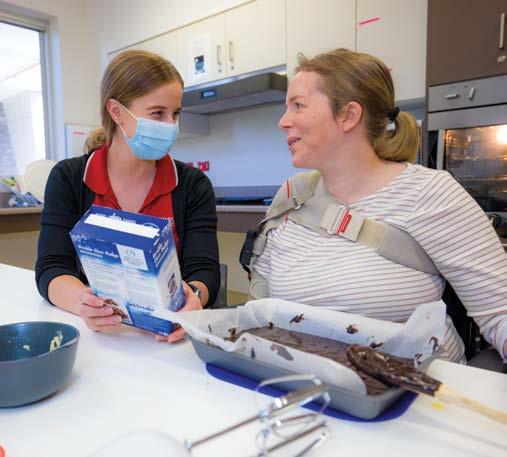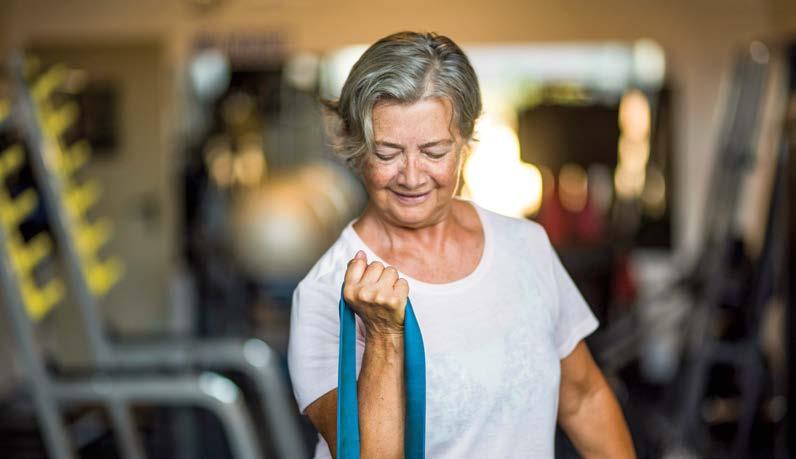Deconditioning or Parkinsonism?
Potential Benefits of Levodopa in Rehabilitation Parkinsonism refers to a group of neurological disorders that cause movement abnormalities similar to those seen in Parkinson’s disease. These include slowness of movement (bradykinesia), muscle stiffness (rigidity), tremor or impaired speech. There is no definitive test to diagnose Parkinson’s disease or Parkinsonism, rather the diagnosis is based on clinical grounds. During our clinical practice, patients are often referred for inpatient rehabilitation for various reasons such as decline in mobility or frequent falls, and labelled as ‘deconditioned’. However, upon re-examination, many of these patients are identified as having signs of Parkinsonism. Over an 18-month period, we studied all patients admitted as ‘deconditioned’ to a sub-acute general rehabilitation hospital for inpatient rehabilitation. After a 7-10 day period of conventional therapy, 7.8 per cent of the total cohort were noted to not be making significant functional gains in their mobility.
benserazide) 100/25mg tablet was the initial treatment of choice. The median duration of treatment with Levodopa was 9.5 days with average dose of 100mg three times a day. The 10MWT (10 metre walk test) was selected as the objective outcome measure to assess response to therapy. The median improvement in 10MWT was 8 seconds (34 per cent). 17 of the 22 (77 per cent) patients showed at least a 25 per cent improvement response to levodopa therapy with 18 per cent showing a >50 per cent improvement in their functional mobility in this short period of time. “A diagnosis
of Parkinsonism provides patients the opportunity to receive Parkinson’s specific rehab therapies.”
Additionally, when re-examined, these patients were noted to have signs of parkinsonism (bradykinesia plus rigidity, tremor or postural instability). Once Parkinsonism was confirmed, these patients commenced a trial of levodopa therapy. In all patients, Madopar (levodopa /
Parkinsonism is a common neurological disorder with signs that may go unrecognised in rehabilitation settings.
It is a condition that should be considered as a possible underlying cause of mobility decline or frequent falls in patients referred to a rehabilitation facility. Trials of levodopa are generally well tolerated and easy to initiate for rehabilitation inpatients. A diagnosis of Parkinsonism provides patients the opportunity to receive Parkinson’s specific rehabilitation therapies, which may differ from a general reconditioning program. Professor Arun Aggarwal MBBS, FRACP, FAFRM (RACP), FAFPM (ANZCA), PhD is a Visiting Medical Officer at MetroRehab Hospital.
Excellence in medical rehabilitation







